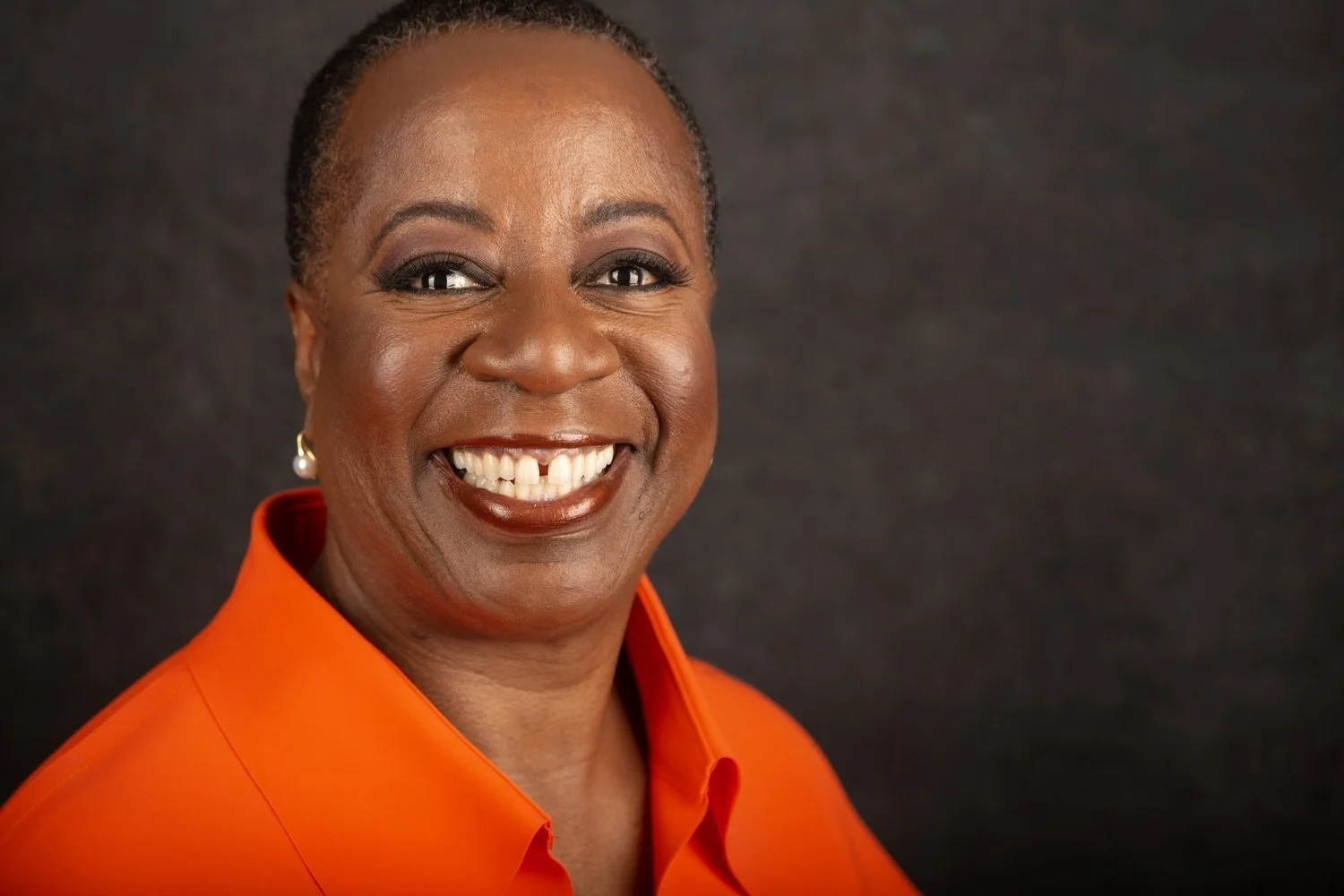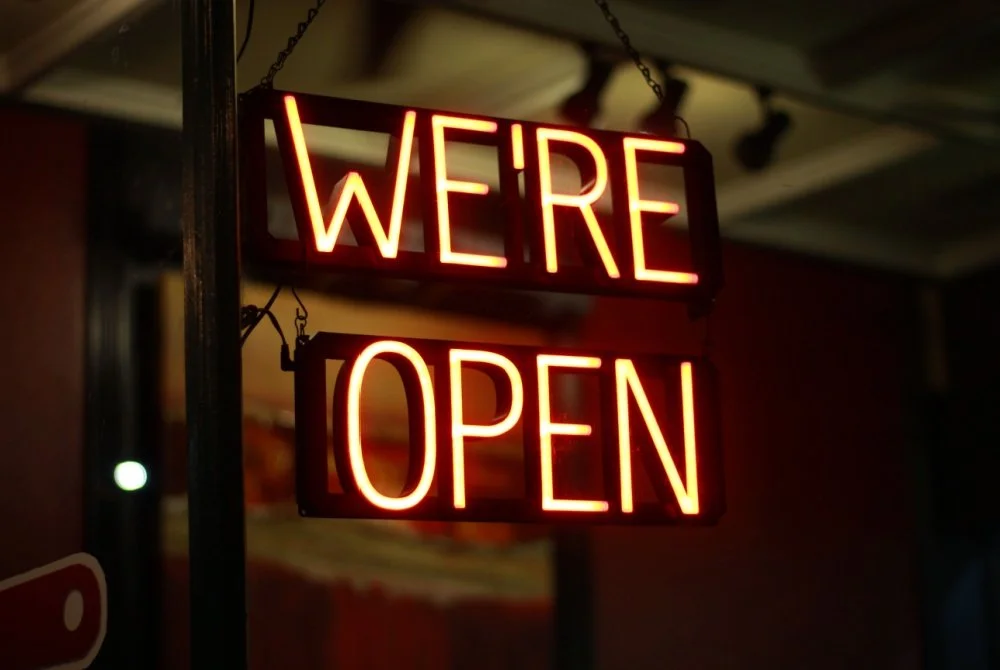Calls for Foundation Accountability Are Rising. Does a New Report Have Answers?
/Scrutiny of philanthropy is part of a larger critique of inequality. Glynnis Jones/shutterstock
For the past few years, there has been a growing drumbeat of dissatisfaction with philanthropy and wealthy donors, but two huge scandals in particular—the cases of tainted funding from Jeffrey Epstein and the Sackler family—seem to have turned up the heat. MIT students and staff even held a protest over the school’s financial ties to Epstein last week.
It’s not just about a couple of high profile donor scandals, however. Perhaps starting with Linsey McGoey’s No Such Thing as a Free Gift in 2015, a flurry of hard-hitting books have have called into question the influence of big philanthropy and its compatibility with democracy. Last week, The Nation published an article by Chuck Collins outlining a lengthy list of problems within the sector, along with nine policy reforms, under a heading that unflinchingly states, “It’s time Congress acted.”
All of which is to say, we may be heading toward the moment many in the field have been dreading for a long time—a regulatory crackdown.
Of course, this reckoning has also brought with it a lot of big-picture analyses of what, exactly, philanthropy is, where it’s failing us, and how it could do better (I took a crack at this myself earlier in the month). While not in response to recent scandals, Rockefeller Philanthropy Advisors just released a report, “Social Compact in a Changing World,” that explores some of the reasons for general discontent, and how foundations are responding, and might respond in the future.
At the very least, the report suggests some in mainstream philanthropy are hearing the criticism and taking it seriously (you can be certain there are similar discussions happening in closed boardrooms and retreats across the country). There are also some good recommendations and examples in the Rockefeller report, discussing a spectrum of approaches around who foundations answer to and how they engage with stakeholders. It does, however, mostly stop short of suggesting that foundations actually cede power, placing a heavy emphasis on important but baseline practices like transparency and listening to feedback.
Responding to Scrutiny
The report is framed around the idea that philanthropy has a “social compact”—an agreement with society about what it does and who it answers to—in the same way that government or business does. But philanthropy’s social compact is not as well defined, and foundations need to gain greater clarity on what it is. It’s a premise I rather like, that the sector needs to take a hard look at what it’s job is and who it’s accountable to.
The authors, Melissa Berman, Renee Karibi-Whyte, and Olga Tarasov, also outline some of the criticisms being lobbed at foundations these days, and contextual factors feeding into them. There’s some blunt stuff in here, with interviewees acknowledging a lack of accountability, the ivory tower nature of the sector, and the fact that foundations themselves are products of inequality.
“The increased concentration of resources at the disposal of wealthy philanthropists invites inevitable comparisons with government, leading to questions of whether unelected individuals should wield such influence over society,” the report states. Kresge President Rip Rapson says that as foundations “embrace the complexity of social change,” they become more visible and vulnerable to scrutiny.
That said, there’s also some frustrating hedging that presents part of the backlash as a disproportionate response to isolated wrongdoing, or as mere “misunderstanding” among the public of philanthropy’s role and such controversial mechanisms as DAFs.
The report goes on to explore how foundations view the need for accountability, and who their stakeholders are. In some cases, the authors note, foundations see no need to answer to anyone but the board or the donor’s wishes. (I always find this stance puzzling, given that the United States subsidizes charitable giving with billions in foregone tax revenue every year.) By contrast, foundations like the Wellcome Trust see themselves as answerable to “society at large,” and the foundation is setting out over the next year to implement a number of new accountability measures.
As the report digs into the activities of foundations to respond to public distrust, two areas get the most attention—greater transparency and the value of outside input or feedback.
The authors outline how foundations communicate to the public the missions and results associated with their work, and highlight the creativity with storytelling and self-assessment exemplified by foundations like Kresge and Wellcome. On the other end of the conversation, the report emphasizes a number of efforts among foundations and philanthropic initiatives to use outside feedback to inform decisions. It describes how outfits like James Irvine Foundation and Atlantic Philanthropies have sought input from the communities they set out to serve.
True Accountability?
Reports like this one are an important sign that these conversations about accountability and bottom-up philanthropy are spreading beyond only watchdogs and progressive organizations. Many of the foundations and initiatives highlighted are carrying out some best practices for more responsive philanthropy.
At the same time, some of the report’s main suggestions seem like they should be pretty baseline requirements of a foundation—while not prescriptive, it does lay out practices that may be helpful to foundations. I’m all for more transparency, but as Kathy Reich of Ford tells the authors, “I feel [transparency] should be a cost of doing business and of benefiting from the enormous tax advantages that foundations receive.”
Few of the suggestions outlined regard foundations actually ceding power. A funder could be highly transparent and do lots of listening, but ultimately ignore what it learns and do whatever the board and staff want—not exactly accountability.
A couple of areas, for example, that I think get short shrift are participatory grantmaking and board representation. There are a few mentions of participatory grantmaking (in which stakeholders wield decision-making power) including by the EDGE Funders Alliance. And there are some examples of participatory elements, but they mostly involve gathering information and ideas, rather than accountability.
The list of best practices does mention broadening board representation, but the report doesn’t go much further than Reich’s expressing the importance of an independent board and having nonprofit staff as trustees. What about expanding boards to be more diverse and inclusive of members of the community at large? Foundation boards are often quite homogenous, with one recent survey finding just 15 percent of trustees polled were people of color, and 40 percent of respondents had all-white boards. That’s precisely the kind of power imbalance people are railing against these days.
Philanthropy has an important role to play in society, and its independence is a big part of that role. And the work done by some of the funders highlighted are good steps in the direction of accessibility. But I also wonder if these kinds of best practices are enough—whether they can build a strong enough case to the public that the sector is truly accountable, and not a plutocratic institution in need of serious reform.







































